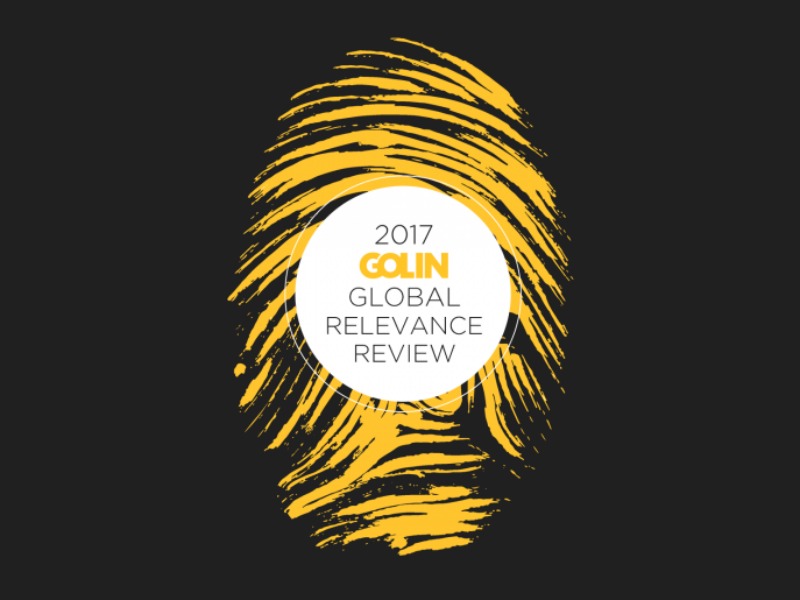Jade Eckardt 25 May 2017 // 12:27PM GMT

LONDON — A brand's relevance is more important to consumers than truth and trustworthiness, according to Golin's first Global Relevance Review.
The study found that although consumers have been continually let down by perceived brand trustworthiness and truthfulness, they continue to buy their products if the brand has relevance, and is talked about and recommended by others.
"Relevance is what attracts and keeps people paying attention to what brands have to say and moved them to act," said Matt Neale, co-CEO, Golin. "This is something that we, as marketers and communicators, can directly impact. We’ve been studying, and perfecting the art of analysing relevance for years because we understand that it is the most important measurement of a brand."
In a post-truth environment, the study reveals that 91% of the most relevant brands exceed the expectation when it comes to being popular. Having lost faith in brands and institutions, people are looking to each other – friends, family, advocates and influencers – for validation in the choices they are making
Even so, the study also found that social media (59%) and television (57%) consistently ranked first and second above word of mouth from friends and family (45%) as the most relevant source of news and information. Faith in word of mouth varies between genders, being more relevant to women (50%) than men (39%). The top characteristics of information people found relevant were useful and practical (54%), informative (53%), and funny (35%), topping others including inspiring, shocking, and exciting.
Brand popularity drove relevance in each of the three categories studied: social media, personal banking, and automotive. The study found that people want entertainment over truth in social media and prefer local banking over global. Because banks have under delivered, unique relevance drivers have emerged, but automotive has yet to have a breakout relevance leader.
To underpin the big data with small town intelligence, Golin studied residents in two towns in the US and UK: Seymour, Indiana and Preston, England, respectively. They found that residents felt forgotten by government, mainstream media, and big companies. While brand loyalty in tight knit communicates remains extremely powerful, many companies are not tapping into this dynamic.
"We know that big data only tells one part of the story," said Jesse Dienstag, executive director and head of planning at Golin. So we paired our global study with some small town intelligence. We think this is a critical complement to any kind of research that is being done today, especially in a post-Trump, post-Brexit world. And it's something that a lot of brands and companies are missing."
Golin conducted the three-year study partnered with the USC Annenberg School for Journalism and Communications. The firm studied 13,000 people in 13 markets on four continents, focusing on what drives relevance for categories and brands across the globe.



































.jpg)















